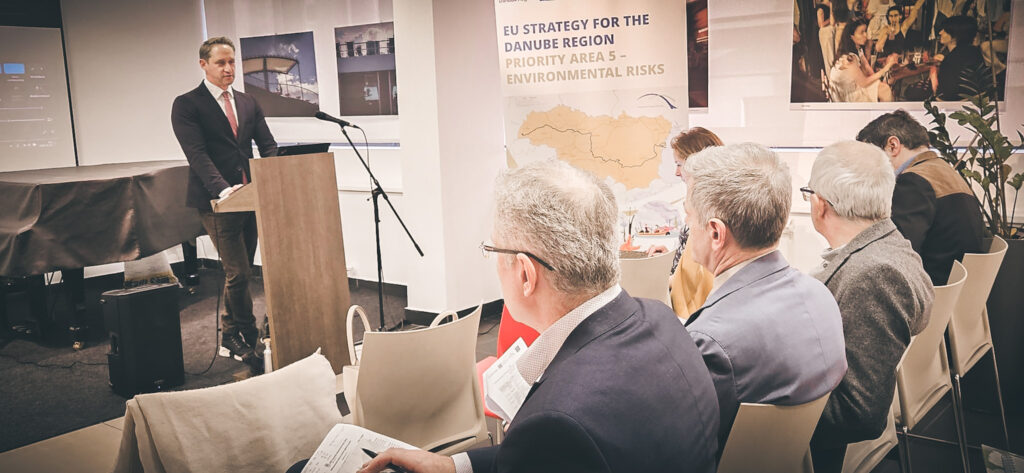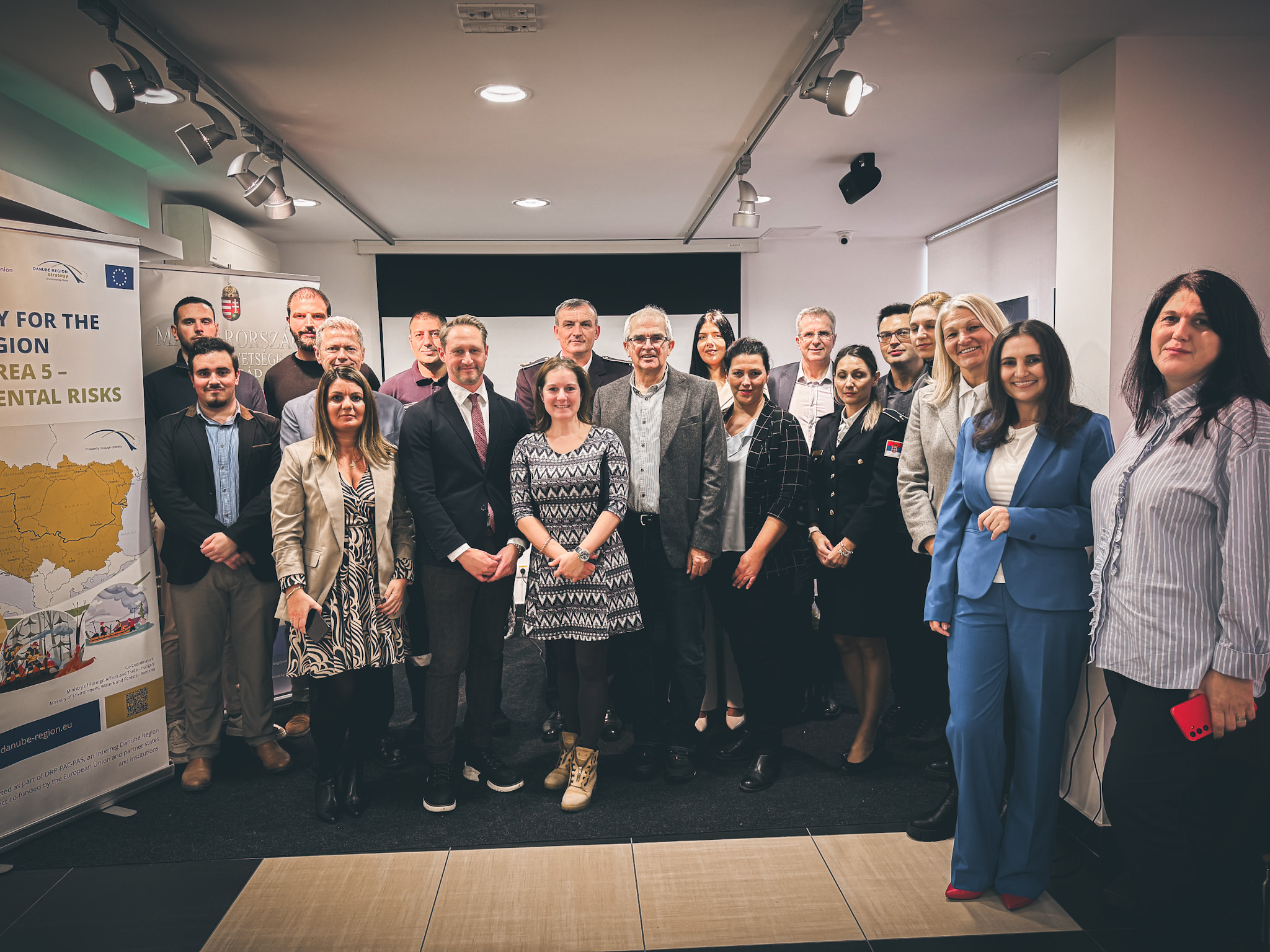The Danube River Basin, home to over 80 million people across 19 countries, faces mounting challenges from climate change, extreme weather events, and environmental risks. To address these issues, the Environmental Risks Priority Area (PA5) of the EU Strategy for the Danube Region (EUSDR) held a pivotal consultation on November 27–28, 2024, in Belgrade, Serbia. This event brought together stakeholders from EU Member States, EU accession countries, and international organizations to advance collaboration on disaster resilience, flood management, and sustainable water practices.
 Why Regional Cooperation in the Danube Basin Matters
Why Regional Cooperation in the Danube Basin Matters
The Danube is more than a river—it’s a lifeline for ecosystems, economies, and communities across the region. However, environmental risks, such as the devastating 2024 floods, continue to highlight vulnerabilities in water management and disaster preparedness. The Belgrade consultation focused on bridging gaps in communication, coordination, and resource allocation, especially for non-EU countries, to enhance resilience across the basin.
Key Outcomes of the Belgrade Consultation
1️⃣ Promoting Nature-Based Solutions (NBS):
Stakeholders explored sustainable flood risk management strategies, such as creating urban wetlands and maintaining wet gardens. Challenges like permitting barriers and low public awareness were addressed, with action plans for public education campaigns and collaboration with municipalities.
2️⃣ Enhancing Flood Forecasting and Modeling:
Participants emphasized the need for accessible forecasting systems and basin-wide coordination. Platforms like SavaFFWS were highlighted as successful models for transboundary collaboration.
3️⃣ Boosting Public Engagement:
Effective communication emerged as a top priority, with proposals to simplify technical reports into engaging videos and infographics. Partnerships with NGOs and media outlets were suggested to amplify outreach and educate communities on disaster preparedness.
4️⃣ Advancing Regional Partnerships:
The consultation underscored the importance of integrating EU accession countries into EUSDR initiatives. Cross-border collaboration, such as the Hungarian-Serbian-Croatian Trilateral Icebreaker Commission, was highlighted as a model for regional cooperation.
 Looking Forward: Opportunities in 2025
Looking Forward: Opportunities in 2025
With Bosnia and Herzegovina assuming the EUSDR Presidency in 2025, the focus will shift to advancing priorities like civil protection and disaster risk reduction. A follow-up consultation is planned for spring 2025 in Bosnia, offering further opportunities to enhance cross-border cooperation and environmental resilience in the Danube Region.
Call to Action
Stakeholders across the Danube Basin are invited to engage in upcoming initiatives and contribute expertise to foster a resilient and sustainable future. The Environmental Risks Priority Area (PA5) team will continue driving collaborative efforts, emphasizing practical solutions for flood management, disaster preparedness, and public awareness.
The summary can be found here.
written by: László Balatonyi




